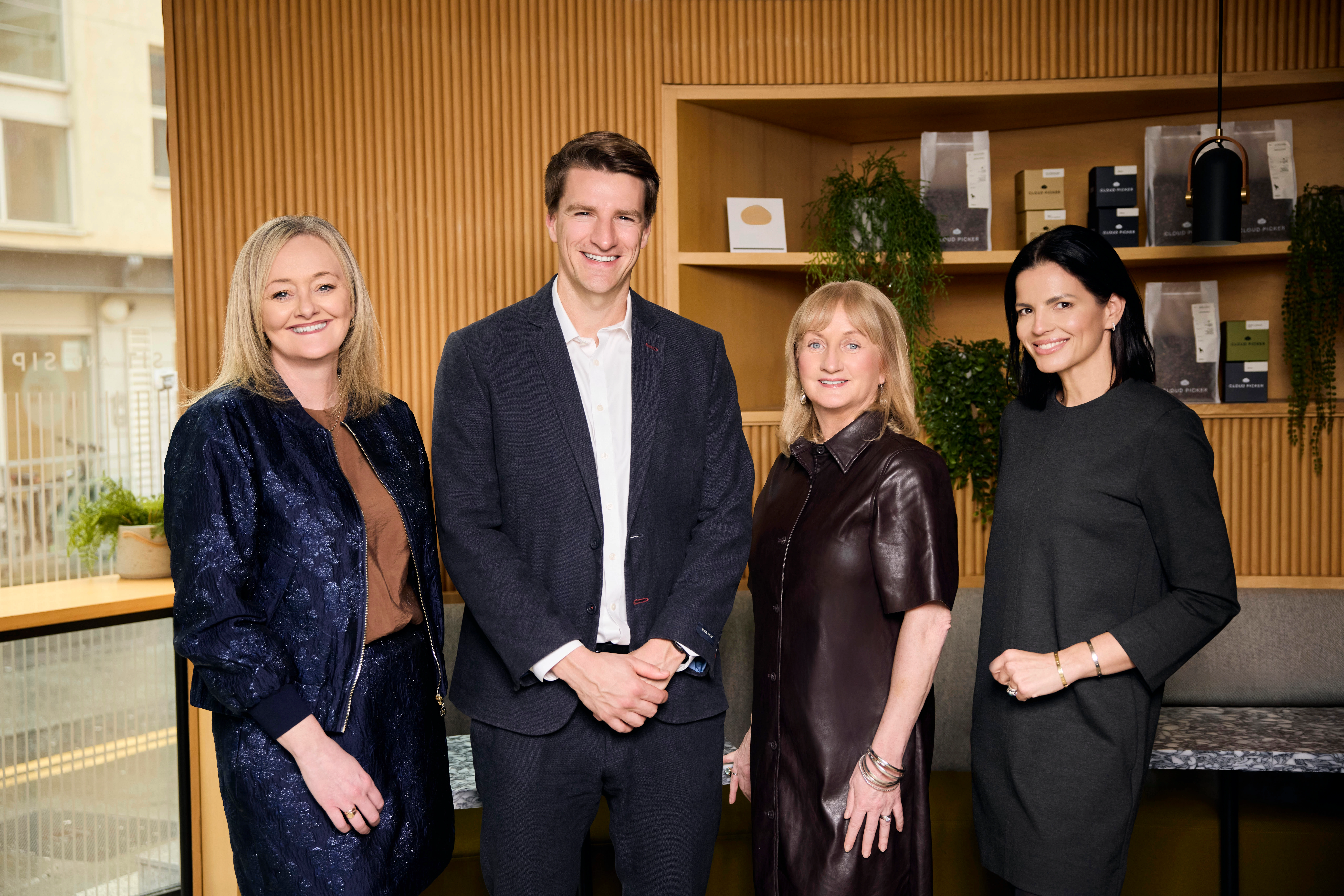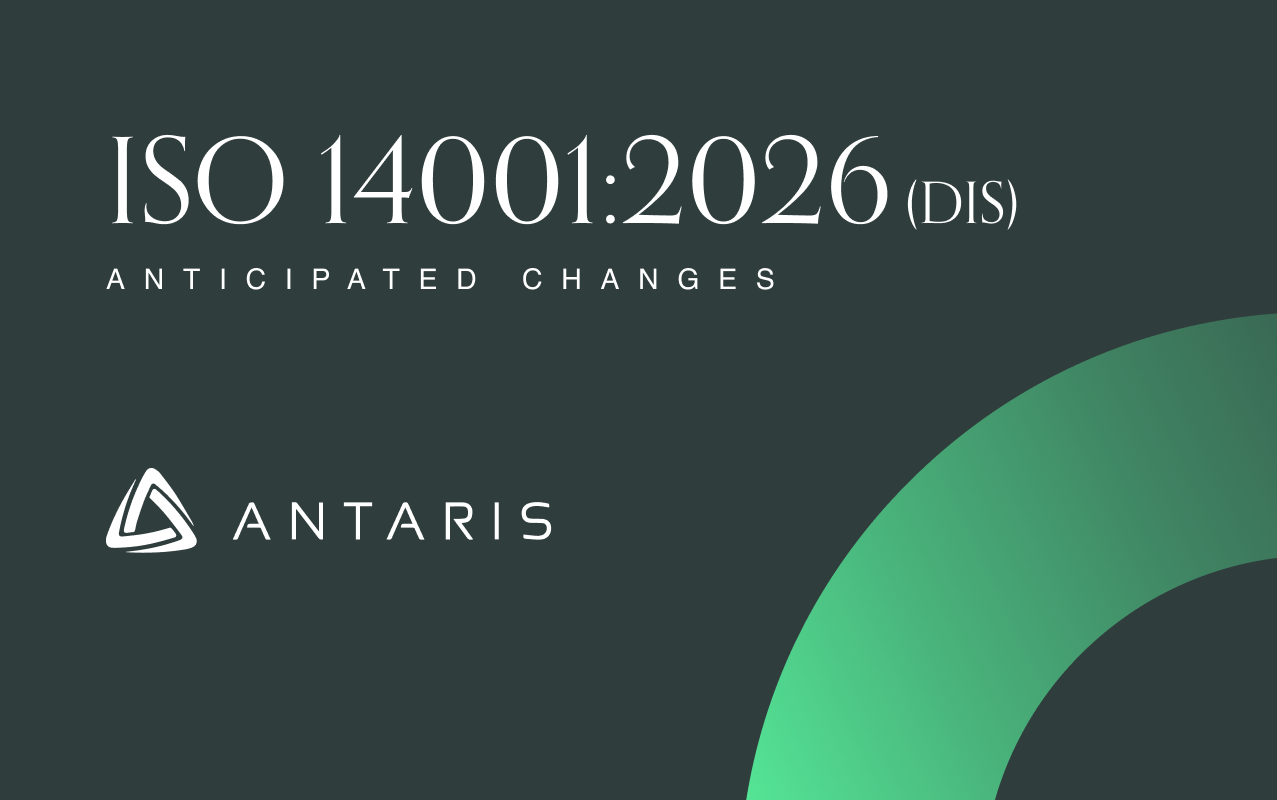Common pitfalls in sustainability efforts
Sustainability has become a top priority for businesses across industries, but good intentions don’t always lead to meaningful impact. While many companies are eager to showcase their commitment to safeguarding the environment and society, mis-steps in strategy, communication or implementation can do more harm than good. In this post, we’ll explore some of the most common mistakes organisations can make when pursuing sustainability.
- Underestimating the number of resources needed, in terms of people: Many times, companies assign only one person to lead a sustainability project, often as an add-on to their existing role. However, sustainability is multidimensional, it touches areas such as operations, EHS, procurement, HR, finance, compliance and more. A cross-functional team is essential to include diverse perspectives, expand the expertise present, and distribute the load more fairly across the team, thus avoiding employees being overwhelmed due to the amount of work required of them.
- Underestimating the number of resources needed, in terms of time: Sometimes, organisations assume that sustainability projects will be short and simple, but sustainability is a complex subject. From data collection to stakeholder engagement and reporting, these initiatives require significant time and ongoing effort. Employees will often find themselves facing time constraints due to the complexity of the projects. Companies often misjudge the time commitment and end up rushing or abandoning efforts due to conflicting priorities.
- Lack of data management systems: One of the biggest bottle necks in sustainability projects is access to high-quality data needed to carry out relevant assessments. Without proper systems in place to monitor and track metrics, such as energy consumption, carbon emissions or supply chain performance, companies cannot make informed decisions or report progress accurately. This is especially difficult for SMEs, which may not yet have sufficient systems in place or may lack resources to invest in adequate digital infrastructure.
- Thinking it’s not relevant for their business: Some industries wrongly believe that sustainability doesn’t apply to them. These companies will not take sustainability projects with the importance they require, relegating it to last place in their list of priorities. But whether you’re in manufacturing, tech, retail or services, sustainability touches every aspect of business, from energy use and materials sourcing to employee wellbeing and community impact. This is something that affects us all.
- Thinking there’s a magical solution that will solve all their problems: Companies sometimes assume that sustainability projects will be simple and quick, they may chase certifications, software or consultants expecting quick fixes. But sustainability is not a box-ticking exercise. It involves cultural change, stakeholder collaboration and constant refinement. Sustainability projects involve a level of complexity that shouldn’t be ignored.
- Thinking this is something that can be pushed to the future: Some companies still think that the issues sustainability tackles won’t be a problem for decades to come and can therefore ignore or postpone their sustainability projects. But issues such as climate change, biodiversity loss and social inequalities are not distant problems. Their effects are already being felt through extreme weather events, changes in regulations, supply chain disruptions and changing consumer expectations. Delaying action not only risks future viability but may also increase short-term costs. We need to take action today.
- Neglecting employee engagement and training: Employees are a company’s most powerful asset in driving change. Sometimes the best ideas don’t come from the board room, but from the people that are involved in everyday operations. Their expertise and experience should be heard and values. Yet many organisations overlook training and engagement around sustainability. Providing ongoing education and involving staff in initiatives not only builds buy-in but also uncovers new ideas and champions from within.
Embedding sustainability into business is not a one-size-fits-all journey. It takes resources, systems, and above all, a mindset shift. Meaningful commitment is required to truly embed sustainability across the whole of an organisation. By recognising and addressing the common issues outlined above, companies can transform sustainability from a burden into a strategic advantage, one that is real, relevant and can contribute to a more conscious and responsible organisation.
Written by: Aurora Leyton Rossi
Sustainability Consultant at Antaris Consulting ltd.
https://www.linkedin.com/in/aurora-leyton-rossi/








